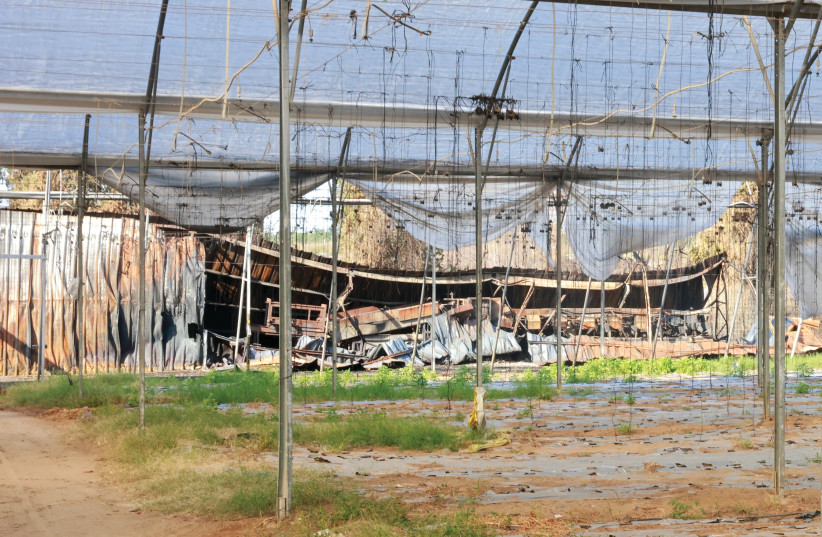The Israeli government approved a five-year plan on Wednesday for the reparation of the Gaza border communities, the Prime Minister’s Office and the Tkuma directorate, a governmental body responsible for the reconstruction of the sector since October 7, announced on Wednesday.
Prime Minister Benjamin Netanyahu said following the validation, "Today, the government approved the ‘Revival Plan’ for the reparations of the Gaza border communities. We will invest a very large sum of NIS 19 billion to boost the Gaza border communities for generations to come. We will invest in housing, infrastructure, education, employment, medicine, and more.
“Hamas wanted to uproot us - we will uproot them and take root. We will build the Land of Israel and protect our country,” he continued.
The head of the Tkuma directorate, Brig.-Gen. (res.) Moshe Ederi said, "Today is a historic day in which we embark on the five-year strategic plan that will bring healing, rehabilitation, growth, prosperity, and hope to the area and its residents.”

Plan aims to strengthen and develop the region
Aimed at developing the region and bringing about demographic growth, the plan allocates NIS 19 billion for the next five years, with NIS one billion designated for the year 2023 and another NIS 18 billion for the years 2024-2028.
According to the government, the plan will see investments in many sectors, such as the environment, infrastructure, economy, employment, agriculture, tourism, and commemoration.
The government further specified that the plan includes, among others, strengthening the Sapir College, establishing an international resilience center, creating a southern branch of the Wingate Institute, founding a regional agricultural technology array, and ameliorating the public transportation in the area to make it accessible to other parts of the country.
